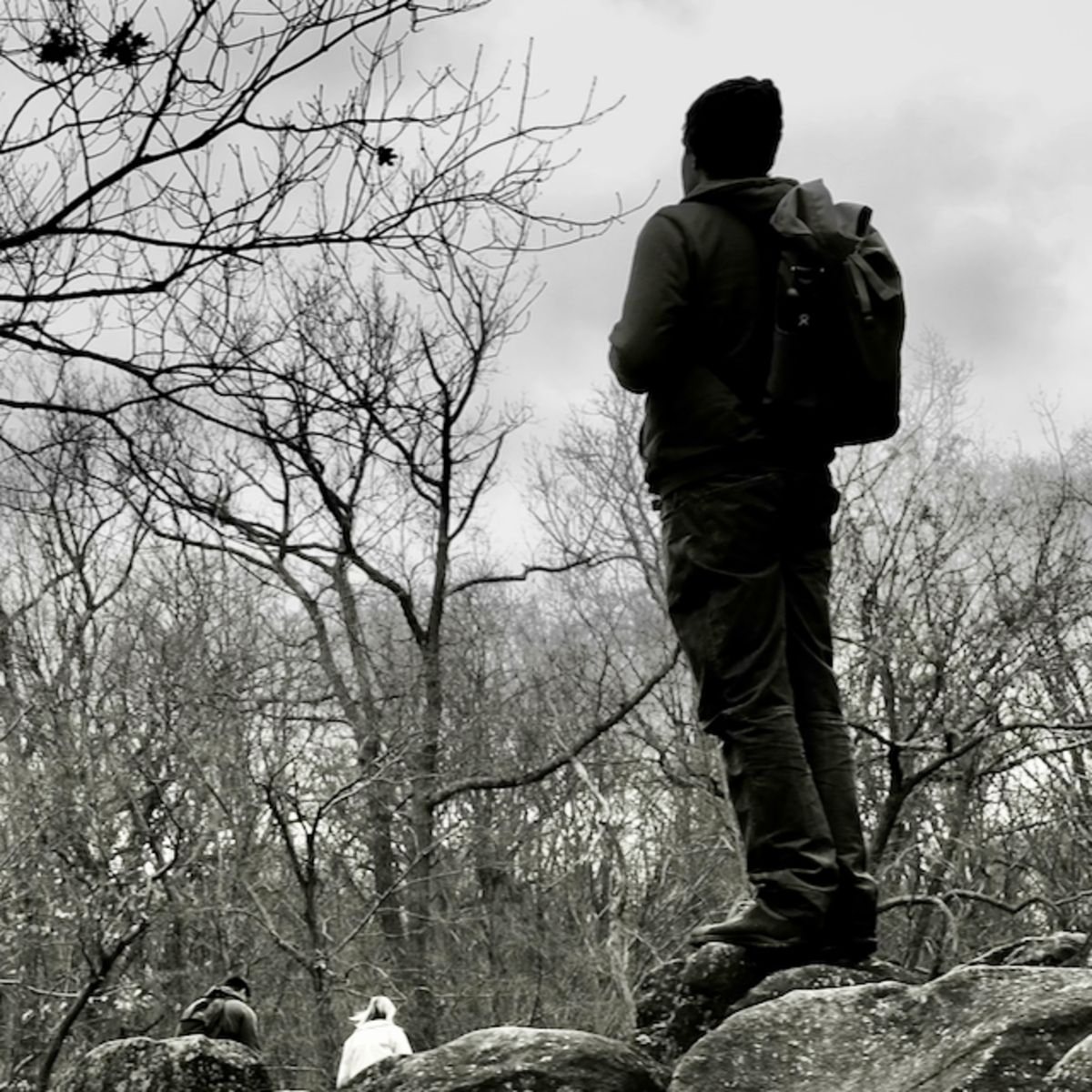I have a story coming out soon called "The Path to the Cornmill." My first fiction piece to see print, it's a mixed up dark fantasy, alt-world, Appalachian tale about a girl who impressed into service by an old malevolent bounty hunter, now a ghost imprisoned in a mountain. Soldiers arrive at the family homestead to arrest the father, a "war refuser." He's away at the mill, so his daughter sneaks out to warn him. Along the way, she meets the ghost who demands a service. The family are of a proscribed ethnic group who are not allowed to live outside settler cities. The family has therefore hidden itself in a rural community.
All three characters in my story, father, girl, and ghost, are based on my North Carolinian mountain ancestors. This line has deep white Southern origins, much of it illustrious and unpleasant (plantation owners; Thomas Jefferson and Robert E. Lee are cousins of some kind). They extracted wealth from stolen land and enslaved people. Eventually, one branch split off for a more humble life in Scots-Irish mountain communities.
The mountain line didn't seem to care much about defending the chattel society of the lowlands. My great-great-great grandfather, for instance, just wanted to be left alone, according to this story collected by county archivists:
During the War Between the States, Jason remained loyal to the Union but did not go to war. A group of Rebels came through hunting Northern sympathizers, and Jason was on their list. Jason was not at home; Nancy had several small children and it was wintertime. The soldiers said they would wait, so they came in to warm by the fire, stacked their muskets in one corner of the room (forty-five in number). One soldier was left outside on guard. Adlaid, being the oldest, went to the corn crib, put some corn in her apron tail and started toward the Laurels. When asked by the guard where she was going, her reply was, "To feed the pigs." She fed the pigs, then ran on across the hill to the mill where her father was having corn ground. She warned him of the Rebels, and he stayed away until they rested, got impatient from waiting, and went on their way. Soon after, word came of Lee's surrender, and all was quiet.
Adlaid, also the name of the protagonist of my story who warns her father, was my great-great-great aunt. Her sister-in-law, Elizabeth Baird Hughes, was my great-great grandmother (and also a writer).
On a roadtrip a few years back, I found Jason's grave:

The ghost also has a real-life counterpart. Jason's grandfather. Like the ghost, John Hughes had an extremely distasteful job as a bounty hunter of Native people. One day, he failed to come home:
He disappeared on one of his hunts on Jonas Ridge. He always rode horseback, carried a Bible (which was in Irish), and a dog stayed with him on these trips. The dog returned home, but nothing was ever heard of John. It is believed that the Indians captured and killed him. Years afterwards, a Bible, fitting the description of John Hughes' book, was found in the crevice of a rock on Jonas Ridge and was sent to the Smithsonian Institute - where it is now.
I didn't care to fictionalize Indigenous people for my story, which is really more about intra-settler ethnic violence anyway. In my story, the bounty hunter's acts of violence in "clearing the land" anger the settler spirits that came across the ocean to inhabit the mountains.
In real life, a lot of my family worked to police the racial order; all lived on stolen land. But I like thinking that some, given a chance, acted better than others, even if it amounted to a ‘git off my land’ to some Confederate Home Guard.
